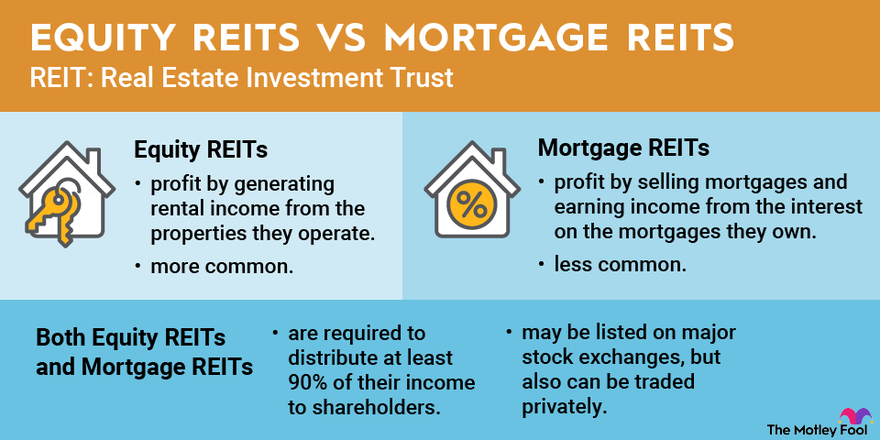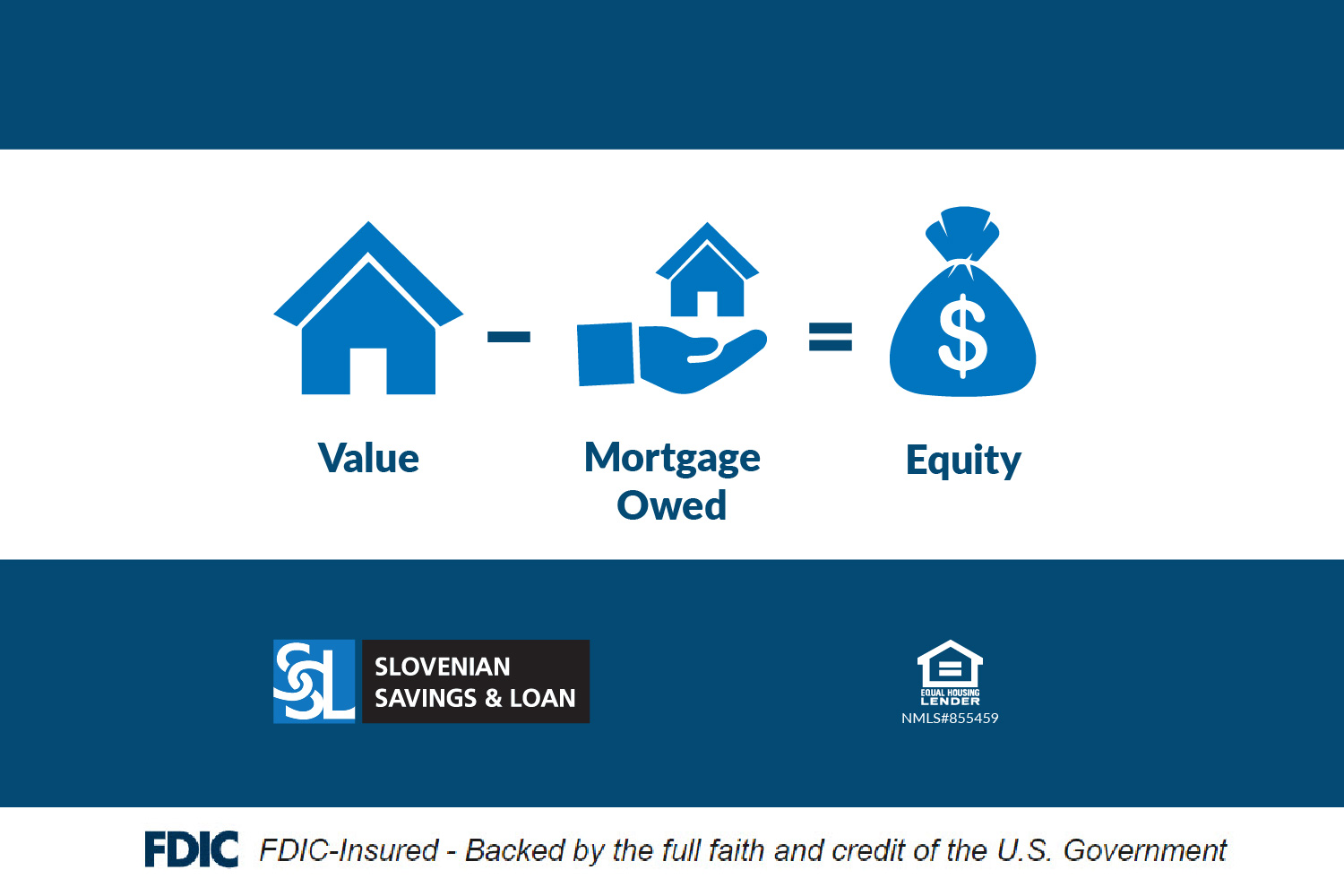Who Can Qualify for Equity Release Mortgages and Why
Who Can Qualify for Equity Release Mortgages and Why
Blog Article
Checking Out the Different Sorts Of Equity Release Mortgages Available Today
Equity Release home mortgages existing numerous choices for home owners aged 55 and over. equity release mortgages. These monetary items satisfy different requirements and preferences, permitting individuals to accessibility funds from their residential property. From life time home loans to shared gratitude mortgages, each type supplies distinct benefits. Comprehending these options is crucial for making notified decisions. What variables should one think about when selecting one of the most suitable equity Release plan? The details that comply with may clarify this essential subject
Understanding Equity Release Mortgages
Equity Release mortgages give home owners, typically those aged 55 and over, with a method to access the worth bound in their residential or commercial property without requiring to market it. This economic alternative enables people to convert a part of their home equity right into money, which can be made use of for various purposes, such as home improvements, paying off debts, or funding retirement.Equity Release can take different types, yet it fundamentally includes loaning versus the worth of the home while retaining possession. Homeowners can choose to receive a round figure or a series of smaller repayments, depending on their economic requirements and preferences.Additionally, the quantity offered for Release is affected by the residential or commercial property's value, the home owner's age, and details lender standards. Overall, comprehending equity Release home mortgages is important for property owners to make educated decisions about taking advantage of their home's equity while taking into consideration the long-lasting implications.
Lifetime Mortgages
Lifetime home mortgages represent one of one of the most popular forms of equity Release. This economic item permits property owners, usually aged 55 or older, to borrow versus the worth of their residential property while keeping possession. The car loan, which is protected versus the home, accrues interest gradually yet does not call for monthly payments. Instead, the financing and accumulated passion are settled when the property owner passes away or relocates into lasting care.Lifetime mortgages use versatility, as borrowers can pick to obtain a swelling amount or decide for a drawdown center, accessing funds as needed. Importantly, many plans included a no-negative-equity assurance, guaranteeing that debtors will never ever owe greater than the worth of their home. This function gives comfort, allowing individuals to enjoy their retired life without the concern of diminishing their estate. In general, lifetime mortgages work as a practical choice for those looking for financial support in later life.
Home Reversion Plans

Drawdown Life Time Mortgages
While many homeowners look for means to access their riches, drawdown lifetime home loans offer a flexible choice that enables individuals to Release funds gradually. This sort of equity Release home mortgage makes it possible for house owners to borrow against the worth of their building while keeping possession. Unlike typical lifetime home loans, drawdown strategies allow borrowers to access a section of their equity upfront and withdraw extra funds as needed, as much as a predetermined limit.This feature can be specifically helpful for those who wish to handle their financial resources carefully, as it decreases passion accumulation by just charging passion on the amounts attracted. Furthermore, drawdown lifetime mortgages typically include a "no unfavorable equity guarantee," making sure that consumers will certainly never ever owe greater than their home's value. This choice suits senior citizens who want economic security and versatility, enabling them to meet unanticipated costs or preserve their way of life without having to market their home.
Boosted Life Time Mortgages
Enhanced Life time Home mortgages offer distinctive advantages for eligible home owners seeking to Release equity from their buildings. Comprehending the qualification standards is crucial, as it identifies who can gain from these specialized finances. However, it is likewise important to examine the check it out possible drawbacks related to boosted choices, making sure an all-round perspective on their use.
Eligibility Requirements Discussed
Comprehending the eligibility criteria for Enhanced Lifetime Mortgages is necessary for possible candidates looking for to access the equity in their homes. Usually, candidates have to be aged 55 or older, as this age need is common in the equity Release market. Homeowners must possess a property valued at a minimal limit, which can differ by lending institution. Notably, the residential or commercial property must be their main house and in good problem. Lenders commonly analyze the property owner's health status, as certain wellness problems might boost eligibility and benefits. Additionally, applicants ought to not have existing significant debts safeguarded against the residential or commercial property. Meeting these criteria allows individuals to check out Boosted Life time Mortgages as a viable option for accessing funds linked up in their homes.
Advantages of Enhanced Home Loans
After clearing up the qualification requirements, it becomes noticeable that Enhanced Lifetime Home loans offer numerous significant advantages for homeowners seeking to take advantage of their home equity. Primarily, they provide accessibility to a bigger loan amount compared to common lifetime mortgages, benefiting those with health conditions or age-related factors that increase their life span threat. This improved loaning capability permits house owners to fulfill various financial demands, such as home enhancements or retired life expenditures. Furthermore, these mortgages commonly include versatile repayment alternatives, enabling consumers to handle their finances a lot more properly. The no-negative-equity assurance additionally guarantees that homeowners will certainly never ever owe greater than their building's value, providing peace of mind. Overall, Improved Lifetime Home mortgages offer a compelling choice for qualified house owners seeking financial remedies.
Possible Downsides Thought About
While Improved Lifetime Home loans use numerous benefits, potential drawbacks require careful factor to consider. One considerable worry is the effect on inheritance; the equity released lowers the worth of the estate left to recipients. Furthermore, these mortgages can accumulate considerable rate of interest with time, leading to a significant financial debt that may surpass the initial car loan amount. There might likewise be restrictions on home alterations or rental, restricting house owners' adaptability. Boosted items usually call for particular wellness conditions, implying not all property owners will certainly certify. Finally, taking care of the costs and charges related to these home loans can be intricate, potentially leading to unexpected prices. As an outcome, individuals ought to completely evaluate their circumstance and seek advice from economic advisors prior to continuing.
Shared Admiration Mortgages
Shared Recognition Home mortgages represent a special monetary arrangement that enables homeowners to access equity while sharing future home worth boosts with the loan provider. This approach provides possible advantages such as reduced month-to-month settlements, but it likewise features disadvantages that must be carefully considered. Understanding the eligibility demands is necessary for those thinking about this alternative.
Idea Overview
Equity Release mortgages, especially in the kind of common recognition home loans, supply house owners an unique financial solution that enables them to gain access to funds by leveraging the value of their home. In this arrangement, a loan provider offers a loan to the homeowner, which is normally paid back via a share of the building's future recognition in value. This indicates that when the homeowner offers the residential property or dies, the lending institution receives a percentage of the boosted worth, instead than simply the initial lending amount. Shared recognition home loans can be appealing for those seeking to supplement their income or financing substantial expenditures while retaining possession of their home. The monetary implications of shared recognition must be very carefully considered by potential consumers.
Downsides and benefits
Although shared recognition mortgages can give considerable financial benefits, they also feature noteworthy downsides that potential debtors should think about. These home mortgages permit home owners to access equity in their residential or commercial properties while sharing a portion of any type of future recognition with the lender. This plan can be advantageous during times of increasing home worths, offering significant funds without month-to-month settlements. The major disadvantage is the possible loss of equity; property owners may end up with considerably lowered inheritance for successors. In addition, the complexity of the terms can result in misconceptions pertaining to settlement commitments and the portion of gratitude owed. It is vital for borrowers to consider these elements very carefully before dedicating to a shared admiration home mortgage.

Eligibility Demands
What requirements must house owners satisfy to get a shared appreciation home mortgage? Primarily, prospects need to go to the very least 55 years old, assuring they are why not find out more within the target demographic for equity Release items. Additionally, the home must be their primary house and usually valued above a specified minimum limit, typically around ? 100,000. Lenders also evaluate the home owner's economic conditions, consisting of income and arrearages, to identify they can handle the mortgage sensibly. Significantly, the home has to be in excellent condition and complimentary from significant lawful encumbrances. Property owners should additionally have a clear understanding of the terms, consisting of exactly how recognition will be shown to the lending institution upon sale or transfer of the home, as this impacts overall returns.
Selecting the Right Equity Release Choice

Frequently Asked Questions
What Age Do I Need to Be for Equity Release?
The age need for equity Release generally starts at 55 for a lot of strategies. However, some carriers might provide alternatives for those aged 60 and above, reflecting varying terms based on specific situations and lending institution policies.
Will Equity Release Impact My Inheritance?
Equity Release can affect inheritance, as the quantity obtained plus interest lowers the estate's worth. Beneficiaries might get less than expected, depending on the home's appreciation and the total financial obligation at the time of passing.
Can I Relocate Residence With Equity Release?
The try this out concern of relocating home with equity Release occurs regularly. Generally, individuals can transfer their equity Release plan to a new residential or commercial property, yet certain conditions might use, needing appointment with the lending institution for support.
Exist Costs Connected With Equity Release Mortgages?
Charges connected with equity Release mortgages can consist of arrangement costs, appraisal fees, and legal prices. In addition, there may be very early settlement fees, which can impact the general price and monetary ramifications for the customer.
How Does Equity Release Effect My Tax Obligation Circumstance?
Equity Release can affect one's tax scenario by potentially raising gross income, as launched funds are taken into consideration resources. It normally does not incur immediate tax liabilities, making it important to speak with a financial consultant for tailored assistance.
Verdict
In recap, the variety of equity Release home mortgages offered today uses homeowners aged 55 and over several pathways to access their residential property's worth - equity release mortgages. Whether opting for a lifetime home loan, home reversion strategy, or other options, each option provides distinct advantages tailored to individual monetary demands. Cautious factor to consider and consultation with an economic consultant are vital to guarantee the selected equity Release solution straightens with economic circumstances and individual goals, eventually helping with informed decision-making for a protected monetary future. Equity Release mortgages present numerous alternatives for house owners aged 55 and over. Equity Release home mortgages give home owners, usually those aged 55 and over, with a way to access the value linked up in their building without requiring to offer it. Enhanced Lifetime Home mortgages offer distinctive advantages for eligible homeowners seeking to Release equity from their buildings. Equity Release home mortgages, particularly in the form of shared appreciation home loans, offer home owners a distinct economic option that allows them to access funds by leveraging the worth of their residential or commercial property. In summary, the range of equity Release mortgages available today provides homeowners aged 55 and over several paths to access their property's value
Report this page